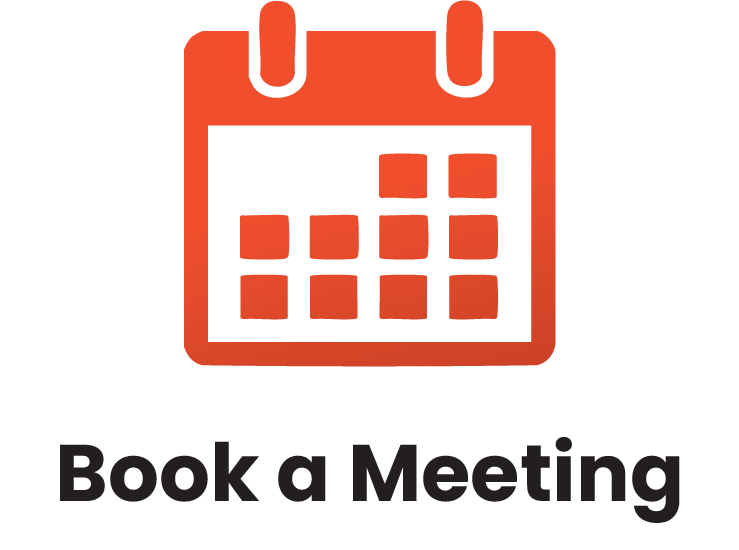
Beyond Workplace Politics: Using Social and Emotional Competencies
Workplace politics encompasses the power and authority processes and behaviors that are at work in a particular workplace. It is how the links between people in the workplace work. There are workplace politics at play in every organization!
In 1990, two American psychologists (Dr. Jack Mayer and Dr. Peter Salovey) purported that if there was a cognitive intelligence or IQ then there must be an emotional intelligence (sometimes known as EQ). Daniel Goleman, the co-founder of the Collaborative for Academic, Social, and Emotional Learning (CASEL) theorized the social aspect of behavior as a complement to the emotional. His definition expanded to: “Social and emotional intelligence involves understanding your feelings and behaviors, as well as those of others, and applying this knowledge to your interactions and relationships.” In his work with CASEL he developed five interrelated sets of Social and Emotional Competencies: Self-Awareness, Self-Management, Social Awareness, Good Relationship Skills, and Responsible Decision Making. This course will explore the social and emotional competencies and their role in working beyond workplace politics!
Interactive training sessions led by experienced facilitators.
There is no cost to explore options.
Let's Get Started
Online Learning
Enjoy our self-paced option and learn from anywhere!
$199.00 USD
LEARNING OBJECTIVES
Learning Objectives
This one-day workshop will help you teach participants:
- Understand what Workplace Politics is and why it is not always bad.
- Distinguish between formal and informal workplace hierarchies.
- Use practical steps to negate the influence of rumors.
- Define Social and Emotional Intelligence and understand their importance in navigating workplace politics.
- Understand the importance of Self-Awareness in dealing with workplace politics and think about your own strengths and abilities.
- Understand the role of Self-Management in the workplace and learn to improve self-management through reflection
- Understand the roles of Empathy, Organizational and Service Awareness in the workplace and social awareness skill development.
- Identify good relationship skills.
- See the importance of responsible decision making and identify decision traps that should be avoided.
- Create your own Workplace Philosophy Statement.
Let's Get Started


COURSE OUTLINE
You will spend the first part of the day getting to know participants and discussing what will take place during the workshop. Students will also have an opportunity to identify their personal learning objectives.
What is Workplace Politics?
This session gives students a look at formal and informal workplace hierarchies and they will get a chance to brainstorm workplace political characteristics. Also covered in this session is how to deal with rumors.
Lesson from Social and Emotional Intelligence
This session takes a look at the history of social and emotional theory. Students will be introduced to the five social and emotional competencies and will have a chance to reflect on personal examples of good social and emotional intelligence.
Self-Awareness
Here, students will use personal reflection plus assessments from others to consider their own strengths and abilities.
Self-Management
Students will be shown in this session how Critical Reflection can help to improve Self-Management. Using a Reflection Journal they will participate in self-reflection and pair up with someone for critical reflection.
Social Awareness
A role play exercise will allow students to examine the three areas that represent social awareness.
Good Relationship Skills
This session presents a number of tips to build good workplace relationships and also features an exercise that highlights these behaviors.
Responsible Decision Making
A number of tips to make better decisions and some of the common decision traps are focused upon in this session. Examples from student experience will highlight good decision making. Students are also introduced to the Decision Wheel as a tool in good decision making.
Creating Your Workplace Philosophy
This final session allows students to reflect on what they have learned and gives them a chance to create a Philosophy Statement using a template provided.
Workshop Wrap-Up
At the end of the course, students will have an opportunity to ask questions and fill out an action plan.















